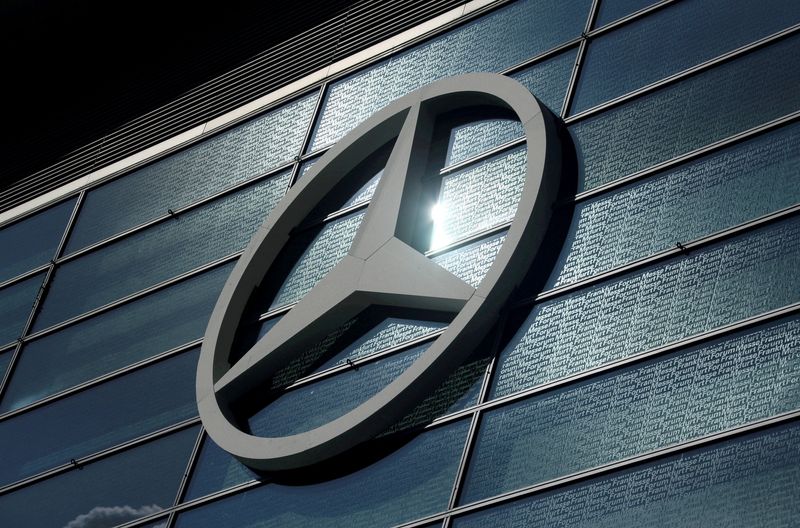BERLIN (Reuters) -Carmaker Mercedes-Benz must pay compensation for unauthorized so-called defeat devices in diesel cars if the buyer suffers damages, the European Court of Justice (ECJ) ruled on Tuesday.
It is up to German courts to decide whether the software in question qualifies as a defeat device and whether its use is justified, the court said in a statement.
However, if a defeat device is found to be illegal and the buyer of a vehicle with such a device has suffered damages as a result of the purchase, the carmaker is obliged to provide them with compensation, it added, with member states responsible for upholding that right.
Defeat devices are mechanisms or software that can change vehicle emissions levels, leading to disputes over whether manufacturers use them to mask the true pollution levels of their vehicles.
A Mercedes-Benz spokesperson said in response to the ruling that it remained to be seen how national courts would apply the European court's decision to federal law.
It added that Mercedes-Benz vehicles that were recalled and underwent a software update could still be used without restriction.
The case was brought to a court in Ravensburg, Germany by the purchaser of a used Mercedes whose exhaust gas recirculation system operated within a certain temperature range but reduced recirculation in lower temperatures, leading to increased nitrogen oxide emissions.
Germany's federal court had previously rejected the plaintiff's claim to damages, arguing that the carmaker could only be charged as such if the damage was intentional.
But an advisor to the ECJ said last June that owners of vehicles equipped with such devices were entitled to compensation in both cases of intention and negligence.

In a ruling involving Volkswagen (ETR:VOWG_p)'s use of similar devices, the ECJ said last July that if a device was designed to avoid serious engine damage which could cause an accident, it may not be illegal - but even then, the defeat device would be illegal if it operated most of the year under normal driving conditions.
The German federal court has scheduled a follow-up hearing for May 8 to discuss the implications of the ECJ's rulings on German liability law.